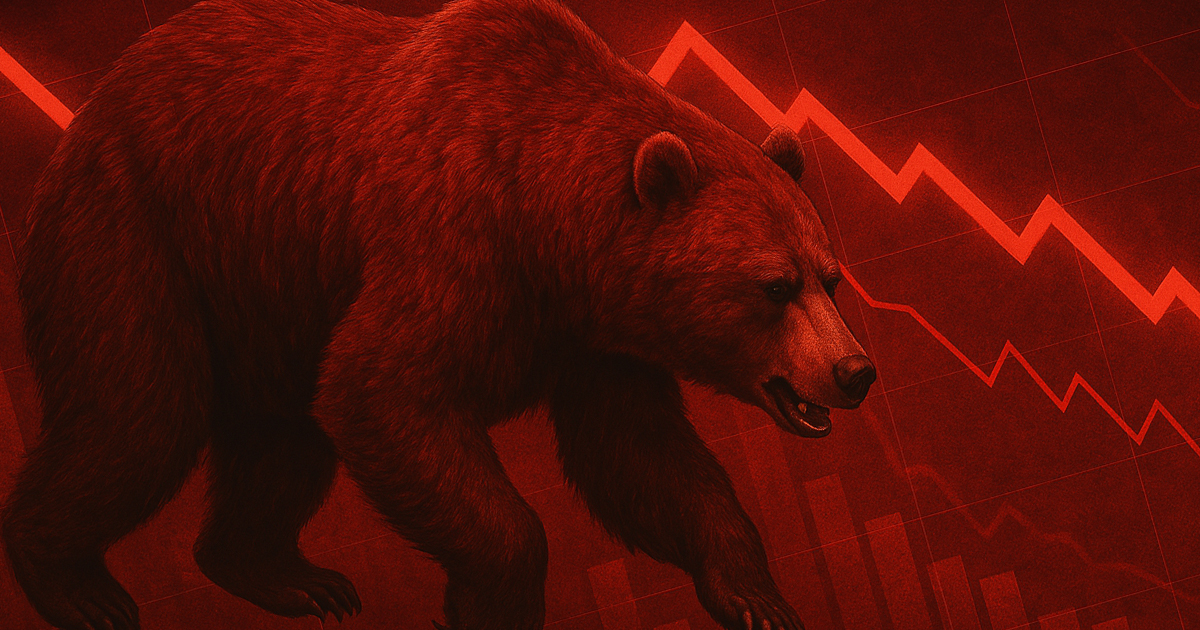Global financial markets are experiencing a significant downturn as of April 7, 2025, driven by escalating trade tensions and investor concerns over potential economic repercussions. Major indices across Asia and the United States have recorded substantial losses, reflecting widespread apprehension about the future of international trade and economic stability.
Global Market Performance
Japan’s Nikkei 225: The index fell by 7% today, following a 9% drop the previous week. This decline was triggered by U.S. President Donald Trump’s proposed 24% tariff on Japanese exports, leading to a temporary halt in futures trading due to circuit breakers being activated.
Other Asian Markets: South Korea’s Kospi index dropped approximately 5%, and Australia’s S&P/ASX 200 index fell around 6%. Chinese markets are also expected to face significant selloffs as they reopen after a holiday.
U.S. Markets: The Dow Jones Industrial Average fell by 3,910 points, marking its worst decline since the pandemic. The S&P 500 and Nasdaq each dropped nearly 6%, resulting in a $6.6 trillion loss in market value.
Key Factors Contributing to the Market Decline
Escalation of Trade Tensions: President Trump’s announcement of sweeping tariffs, including a 10% levy on all imports and higher duties on major exporters like China, the EU, Japan, and Vietnam, has intensified fears of a global trade war. China has retaliated with its own tariffs, further escalating tensions.
Investor Uncertainty: The lack of clarity on policy reversals or negotiations has led to widespread market routs, with bearish sentiment dominating. Investors are flocking to safe-haven assets like U.S. Treasuries and the yen, reflecting heightened uncertainty.
Economic Indicators: Reports indicate that U.S. business activity has slowed significantly, with growth decelerating to a 17-month low. Many businesses cite growing uncertainty regarding policies, including potential new tariffs and domestic spending cuts, as key factors dampening optimism.
Analyst Insights
Financial experts express concern over increased market volatility and uncertainty, with several projecting heightened risks of recession. CNBC host Jim Cramer has warned of a potential market crash akin to the 1987 Black Monday if the tariff plan is not scaled back.
Potential Outcomes
Short-Term Market Volatility: Continued fluctuations are expected as investors react to ongoing trade developments and policy announcements.
Economic Slowdown: Prolonged trade disputes may lead to reduced business investments and consumer spending, potentially slowing global economic growth.
Policy Adjustments: There may be increased pressure on policymakers to negotiate and resolve trade disputes to restore market confidence and economic stability.
The current market downturn is primarily driven by escalating trade tensions and policy uncertainties. Investors are advised to exercise caution and stay informed as the situation develops.



